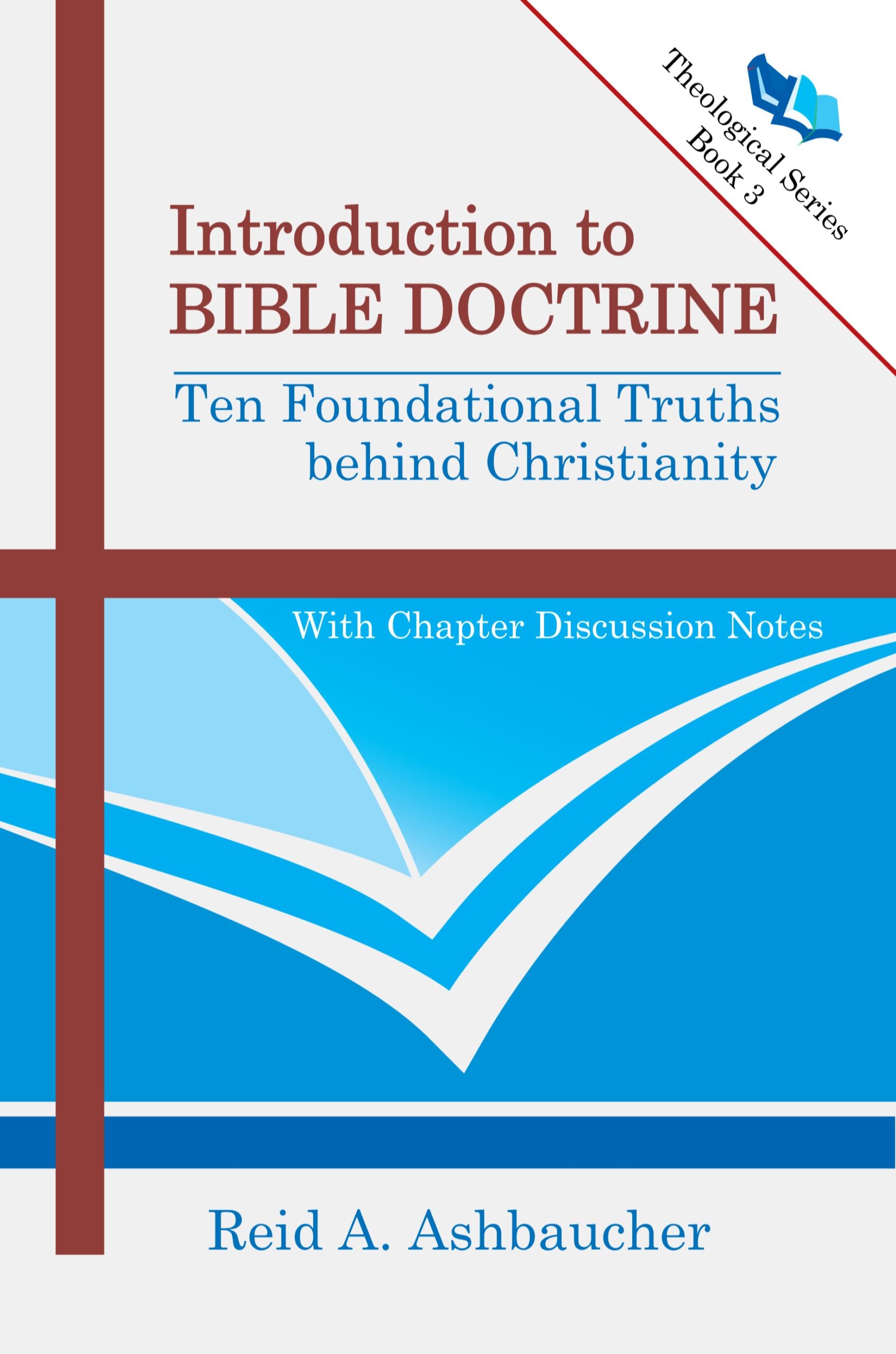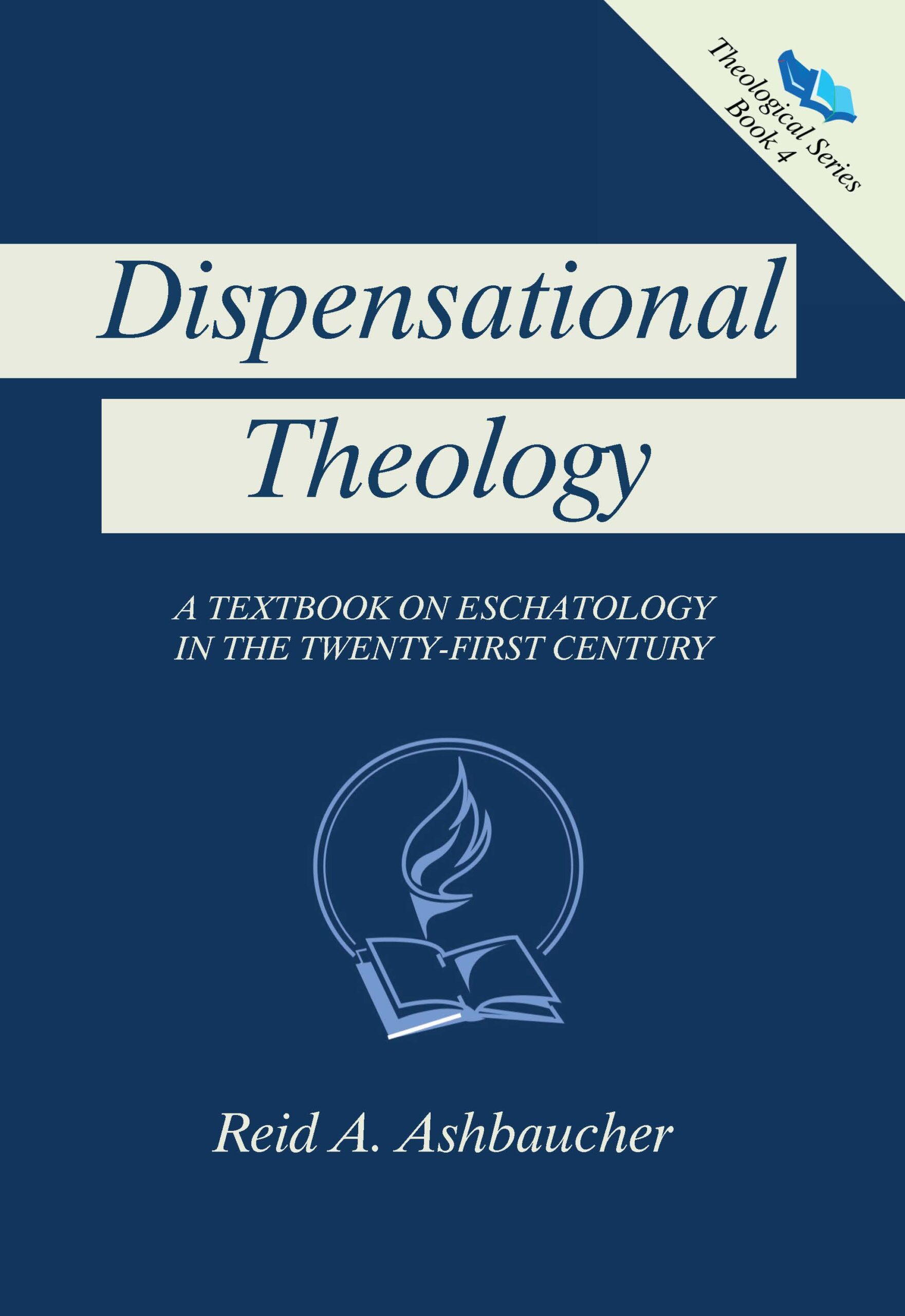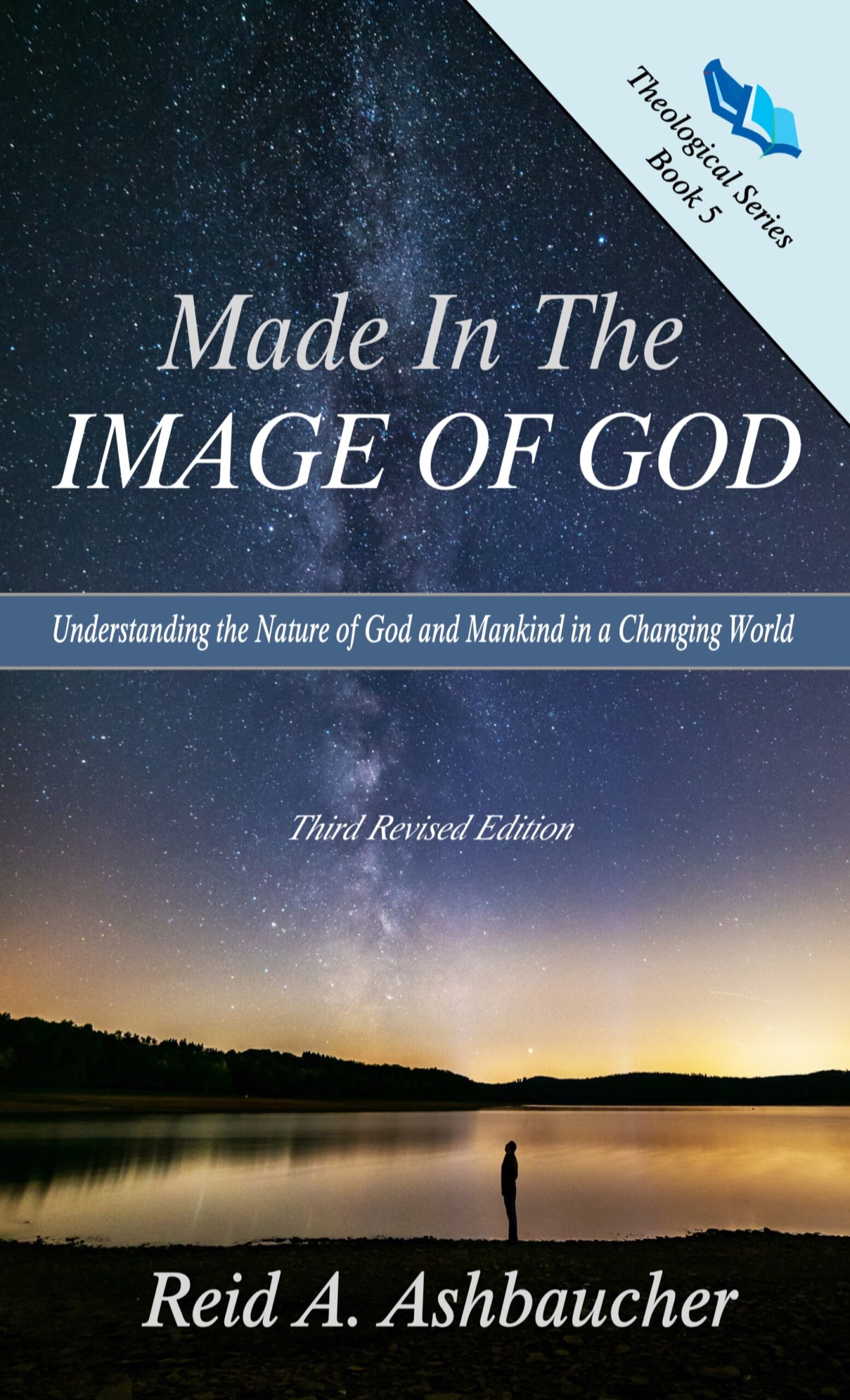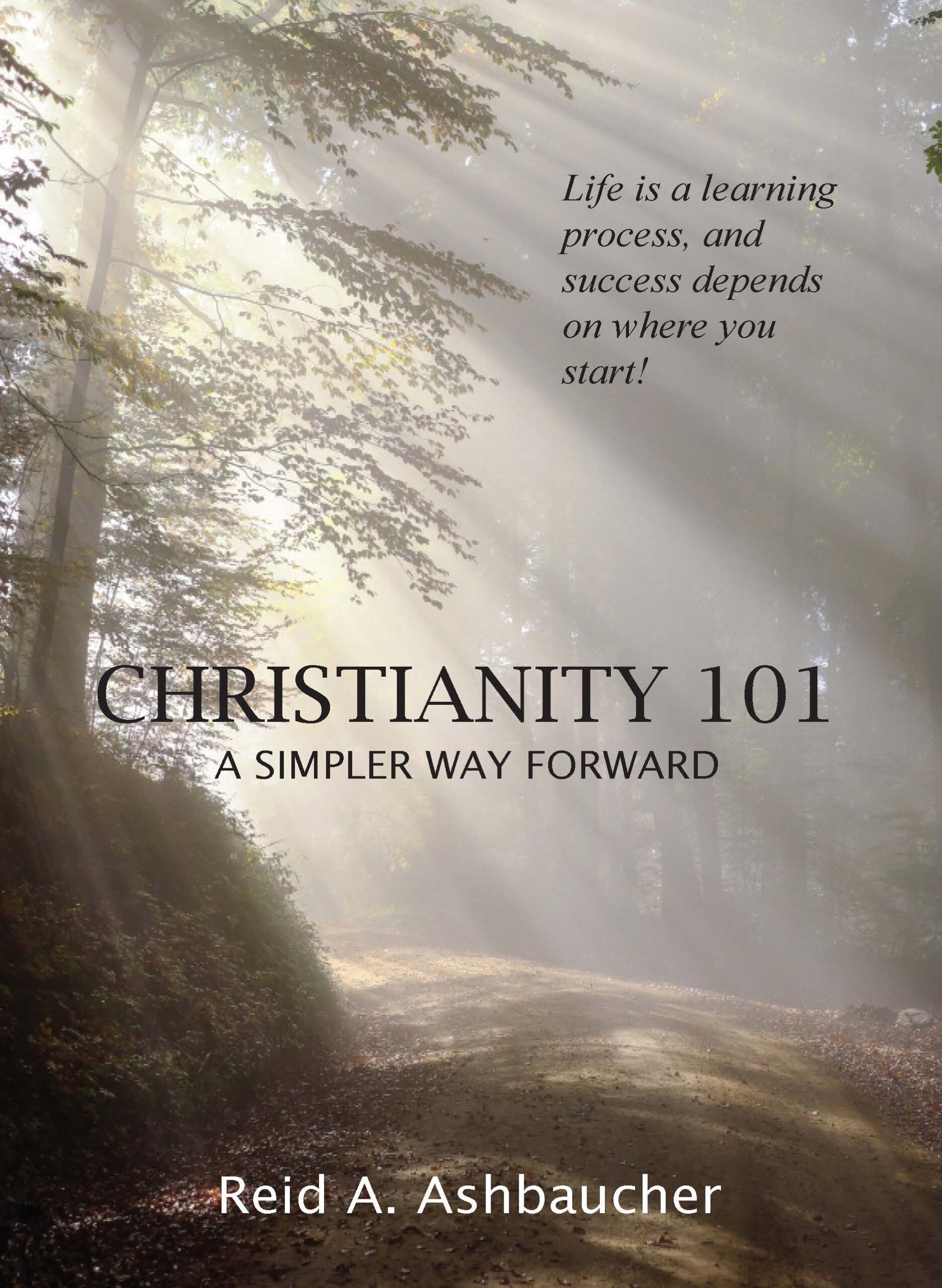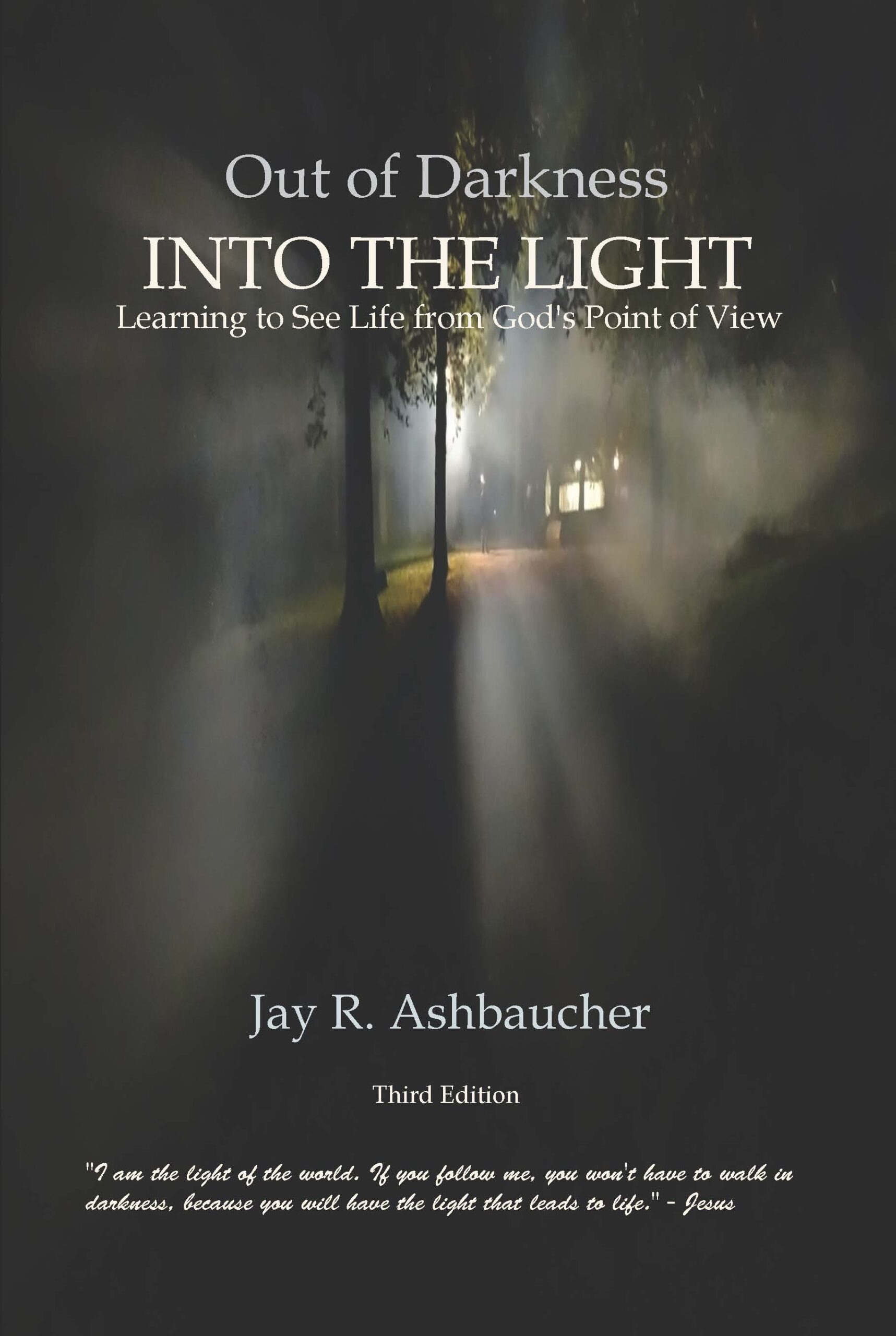On August 24, 2023, I was awakened from sleep in the middle of the night by faint rumblings of thunder. The rumblings grew louder and as my eyes struggled to open, I became aware of flashes of light coming through the shaded windows. The lightning flashes became more intense and suddenly my body was abruptly jolted by a very loud crack of thunder. There was a rush of gale-force winds and the rain splashed hard against the windowpanes. As a youth I enjoyed watching storms. They intrigued me and I always felt as if the fierce winds, flashes of lightning, and earth-shaking thunder were the voice of God demonstrating to me His awesome power and glory. Having been awakened, I got up, left the bedroom, and went to watch the storm through our large picture window in the dining room. After a few minutes of marveling at the awe-inspiring sights and sounds, since I was up, I decided to do my daily Bible reading.My scheduled reading for the day happened to include Isaiah 53 which is a prophecy of Jesus giving up his life to save all those whose iniquity had separated them from God. Reading Isaiah 53 reminded me of that day Jesus suffered a horrible death, so I turned to the 27th chapter of Matthew’s gospel to remind myself of what happened. The loud noises of the horrendous storm outside were in my ears as I read about the mid-day three hours of darkness that happened when Jesus was on the cross. I read the words of Jesus crying out, “My God, My God, why have you forsaken Me?” And I read how Jesus cried out again before giving up his spirit. I realized Jesus chose to give up his life, it wasn’t taken from him. Then I read about the Roman soldier, a centurion who was keeping guard over Jesus. He witnessed the eerie darkness and became frightened when the earth shook, and rocks were being split from an earthquake. Seeing those things happen, he exclaimed, “Truly this was the Son of God!”
What happened that day when Jesus died had some parallels to what was happening outside my house. I got up and walked over to gaze out the window once again. My Bible was in front of me, still open in my hand. Outside it was pitch dark, with continuous light flashes and rumblings of thunder still going on. Another very loud and scary clap of thunder shattered the air, and I felt the floor of the house shake beneath my feet. In that moment it seemed that I was there, at the cross, experiencing what the centurion was experiencing. I don’t know if this soldier believed in the God of the Jews, but he must have believed in the existence of some God or gods. The Romans worshipped many gods. The ancient gods were known to be angry gods. The unusual darkness and these earth-shaking events were apparently signs to the soldier that, truly, something was happening that involved Jesus and his god. Was the soldier thinking that a god was angry because this must be a favored son who was being killed?
Was God angry? Certainly, He was angry at the wickedness of the human race. He was angry at the pain caused in people’s lives by existing evils. He was angry over the life-destroying sins of the world, but he was also concerned and grieved in His heart that all persons were under His wrath and had to suffer death for their wrongdoing. Yes, God was angry, but He is also love, and His love had a way to save us. Jesus was the way, the only way. On the cross, two things were happening. Through Jesus, God the Father was fulfilling both His justice and His love. Jesus died as an atoning sacrifice for our sins to satisfy God’s justice and to save us from God’s judgment and wrath (Romans 3:23-26; Hebrews 2:17; 1 John 2:2; 4:10). The death of Jesus was also an act of God’s love. It enabled God to offer us forgiveness so we could be at peace with God instead of being under the sentence of eternal death and separation from Him.
Standing in front of my window, taking in God’s awesome and scary earth-shaking power, I realized anew how much it cost God to love us. Love is not always the gentle warm-hearted feeling we think it is. Love costs. If we are to love as God loves, it will cost us like it cost Him. Sometimes we have no problem voluntarily giving of ourselves to help others, or to obey God’s will, especially if it’s convenient for us. But to love often means to give up oneself, perhaps even one’s personal plans and ambitions, and that is not always easy to do. Hear Jesus’ own words: “Then he said to the crowd, “If any of you wants to be my follower, you must turn from your selfish ways, take up your cross daily, and follow me. If you try to hang on to your life, you will lose it. But if you give up your life for my sake, you will save it” (Luke 9:23-24, NLT).
The following is a quote about love from John the apostle, one of Jesus’ disciples. “Dear friends, let us continue to love one another, for love comes from God. Anyone who loves is a child of God and knows God. But anyone who does not love does not know God, for God is love. God showed how much he loved us by sending his one and only Son into the world so that we might have eternal life through him. This is real love—not that we loved God, but that he loved us and sent his Son as a sacrifice to take away our sins. Dear friends, since God loved us that much, we surely ought to love each other. No one has ever seen God. But if we love each other, God lives in us, and his love is brought to full expression in us. And God has given us his Spirit as proof that we live in him and he in us” (1 John 4:7-13, NLT).
Human relationships can be hard, often unhealthy and broken. Our ability to love, or lack thereof, affects the quality of relationship we have with our family, co-workers, friends, neighbors, even our enemies. We are not Jesus, and if we are to follow Him and His example of love, we have to admit we can’t do it. Compared to Jesus, we are not perfect by a long-way, but we can grow to become more like Him if we receive Him into our life and let His power and love change us from the inside out. We can love because we have come to know and have experienced God’s sacrificial and merciful love for us.


